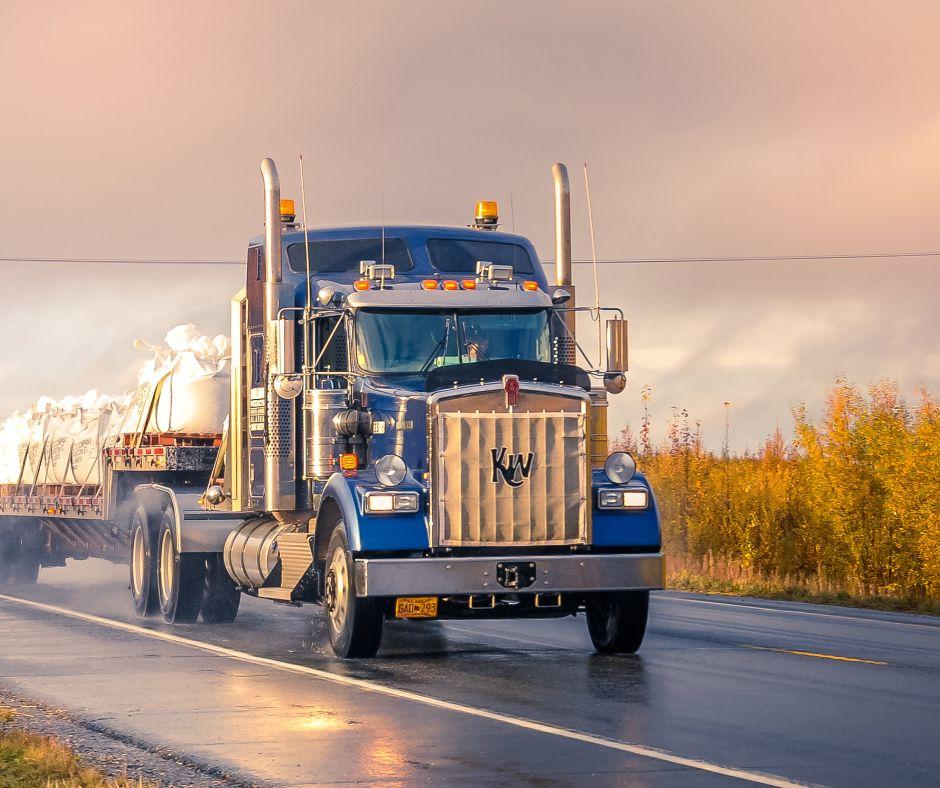Washington State Farm Bureau expresses concern over California’s Advanced Clean Fleets rule and subsequent litigation.
LISTEN TO THE AUDIO VERSION OF THIS REPORT VIA THE WFB UPDATE PODCAST
On Monday, October 16, the California Trucking Association (CTA) filed a lawsuit challenging the implementation of the Advanced Clean Fleets (ACF) rule in California. The lawsuit, filed in the U.S. District Court for the Eastern District of California, aims to address concerns regarding the feasibility and economic impact of the ACF rule on the state's trucking industry.
In 2020, the Washington legislature adopted legislation directing the Department of Ecology (DOE) to, “adopt rules to implement the motor vehicle emission standards of the state of California, including the zero emission vehicle program.”
The ACF rule, which was adopted by the California Air Resources Board (CARB) earlier this year, is designed to accelerate the deployment of clean, zero-emission vehicles and reduce greenhouse gas emissions from the transportation sector. While the initiative is aligned with the state's ambitious environmental goals, the CTA has raised the alarm about the rule's negative impact on freight mobility.
According to the CTA, the ACF rule's stringent requirements and timelines could impose significant financial burdens on trucking companies, and by default, the farmers and ranchers that rely on this industry to move their product to various ports and markets. The current adoption schedule is untenable and Washington currently lacks the infrastructure to support this significant transition.
“The agriculture industry is very concerned with the uncertainty looming over Washington as the Advanced Clean Fleets rule progresses and is now being litigated,” said Mike Ennis, Governmental Affairs Director at WFB. “New zero emission trucks will be very expensive. Unfortunately, the impact of this mandate will fall disproportionately on new farmers, who are oftentimes young adults or from already disadvantaged communities. New farmers have less capital, and therefore, rely heavily on the purchase of used equipment. Sadly, if this rule moves forward, it would be cost prohibitive to anyone hoping to start a career in agriculture. We hope the outcome of this litigation provides a sensible path forward and solutions for all parties.”

